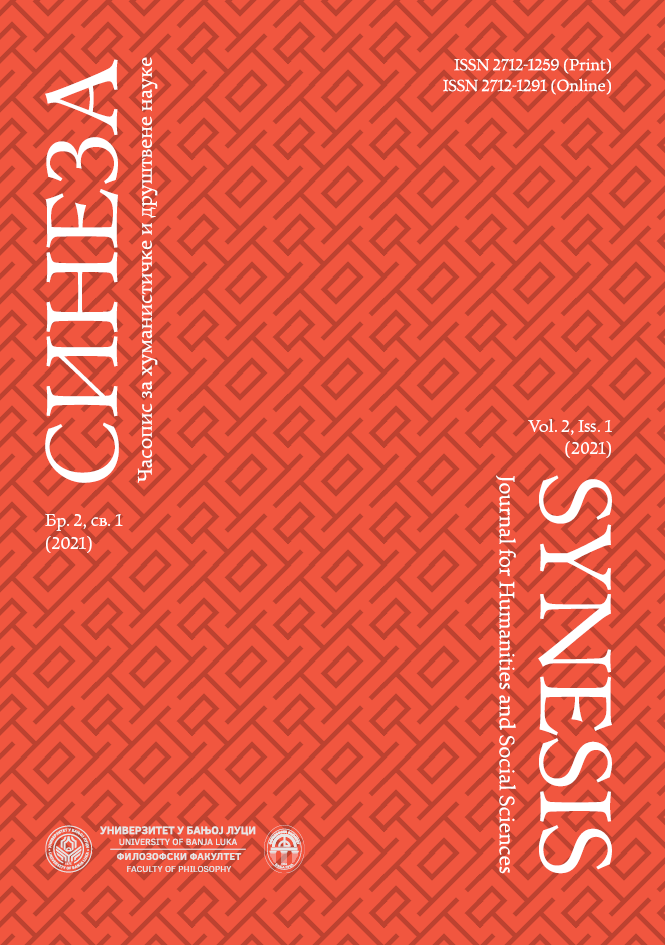Аксиолошка етика Николаја Хартмана
Nicolai Hartmann’s axiological ethics
Author(s): Goran StojanovićSubject(s): Philosophy, Philosophical Traditions, Ethics / Practical Philosophy, Phenomenology
Published by: Filozofski fakultet, Univerzitet u Banjoj Luci
Keywords: Nicolai Hartmann; axiological ethics; moral phenomenology; value system;
Summary/Abstract: The paper determines the significance and contribution of the axiological foundation of Nicolai Hartmann’s moral philosophy. Hartmann intends to overcome one-sided and conflicting positions of ethics by synthesising Nietzsche’s call to revalue values with Kant’s a priori duties using Max Scheler’s material value ethics. In order to build ethics on objective axiological foundations, he starts from the phenomenological analysis of moral experience. He sees ethics as a discipline as equally contemplative and normative. Through his research, ethics must encompass all spheres of the spirit that touch morality. The unity of ethical plurality lies in axiological definiteness. We know values through emotions, they exist like Plato’s ideas. The value scale is divided into fundamental values (elementary values and values of good), basic moral values (good, noble, purity, abundance of experience), specific moral values (virtues) are grouped into three ethos as historically discovered (ancient, medieval and modern ethos). The relation of values, modeled on the natural sciences, is regulated by laws (layers and foundations, opposites and complementarities, height and strength of values).We can conclude that Hartmann’s contribution to ethics is important. He rightly complains to Scheller that his hierarchy of values is without a critical basis, built biasedly and apologetically under the influence of his denomination. His ethics is not just an abstract theory, he demands that the community and the individual be morally uplifted. The task of moral philosophy is to be a midwife in the birth of moral consciousness, to determine values as the center of reflection and practical action. Its careful analysis of value stratification, the introduction of horizontal dimension, and ethos groups of values are significant. Achieving higher values is commendable, but not fulfilling them, because they are weaker, will not provoke condemnation. While achieving lower values is not commendable at all, but transgression, because they are stronger, is a far more serious crime worthy of condemnation, contempt, and remorse. Love, for example, is higher than life, but life as a value is more fundamental and stronger than values. Hartman’s value gradation complicates the polarity of values to positive-negative, positive-neutral, neutral-negative, positive-positive, negative-negative. We will not exaggerate if we say that no philosopher since the time of Aristotle has given us as much insight into the problem of values as Hartmann did with his moral philosophy. Despite the antinomies that Hartmann’s philosophy contains, we can say that his contribution to axiology and ethics is of great importance. His book Ethics is a real conviction in the modern age of value emptiness. Contemporary ethics, which forgets Hartmann’s thought, is therefore seriously set back in its results.
Journal: Sineza
- Issue Year: 2/2021
- Issue No: 1
- Page Range: 85-100
- Page Count: 16
- Language: Serbian

